The University of Edinburgh hosted the 8th International Conference of the Society for the Medieval Mediterranean (SMM) from June 24 to 27, 2024. The conference theme was “Being Human: Rhythms, Actions, Interactions in the Medieval Mediterranean.”
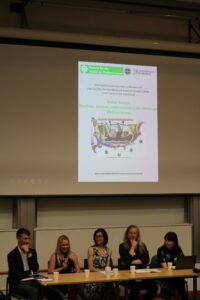
SMM Roundtable Credit Dr Simon Bill
The conference launched on Monday, June 25, with an SMM roundtable and the first keynote address of the week. Inak Martin Viso from the University of Salamanca delivered the keynote, titled “Murder and Adultery in North-Western Iberia (Tenth-Twelfth Centuries): From Local Conflict to Social Control.”
Panel sessions began on Tuesday, June 26. The first panel, organized by T. Grabmaier and G. Obatnin, was chaired by our PI, Marie Legendre. The session started with Noëmie Lucas presenting her current research on the transfer of Egyptian revenues, titled “Agents of Fiscal Flow: Unveiling the Roles and Interactions in Tax Transfers within the Abbasid Empire (750-909).” She examined the logistics of fiscal routes from Egypt during the Abbasid period, highlighting the agents of fiscal flows, routes and destinations, timings, and the nature of the transferred assets.
Georgi Obatnin then presented his ongoing PhD research with a paper titled “People and Money in Medieval Egypt: Using and Managing Coinage in the Pre-Fatimid Period.” He discussed the meaning and use of qirāt in papyrus documentation.
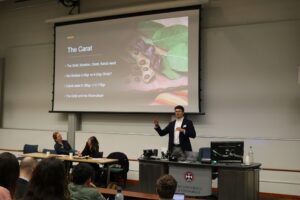
Credit Dr Simon Bill
Theresa Grabmaier followed with her presentation, “Those Who Pay Taxes Together, Stick Together: Neighbourhood in Medieval Fayyūmī Villages according to Two Tax Ledgers.” She analyzed two tax ledgers containing hundreds of names, providing insights into village society and tax payments in the Medieval Fayyūmī region.
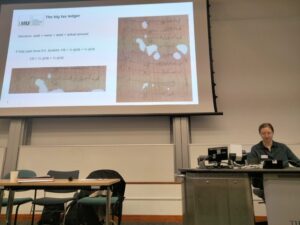
Credit Dr Noëmie Lucas
The discussion with the audience that followed was rich and diverse, with questions for all three speakers. Among the many questions asked, one attendee inquired about the use of foreign currencies to pay taxes in Islamic Egypt. Georgi explained that the term “foreign” was relative, as coins were assessed by weight regardless of their inscriptions. Another attendee asked Noëmie about the remittance of fiscal revenues from the centre to the regions. Noëmie clarified that only a portion of the revenues collected in Egypt was transferred after the fiscal year’s closure, as a large part was spent locally on the army, administration, and other expenses.
Credit Featured image: Dr Simon Bill
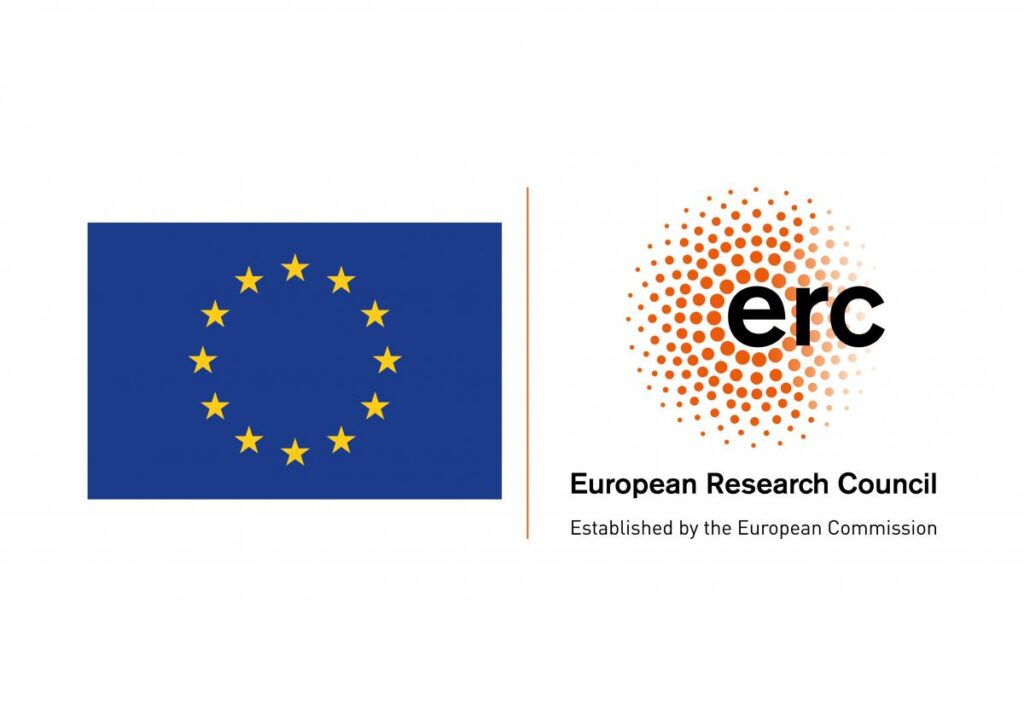

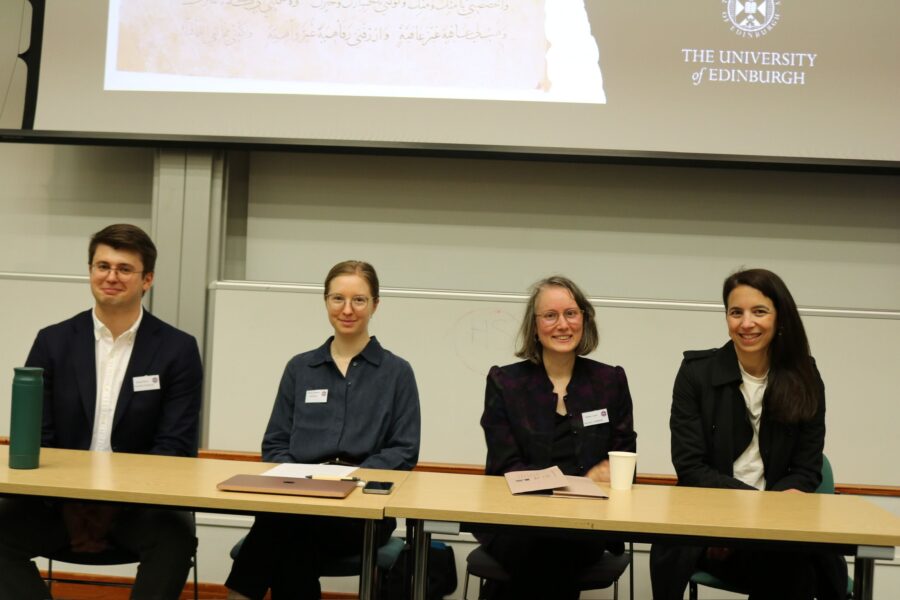

Leave a Reply